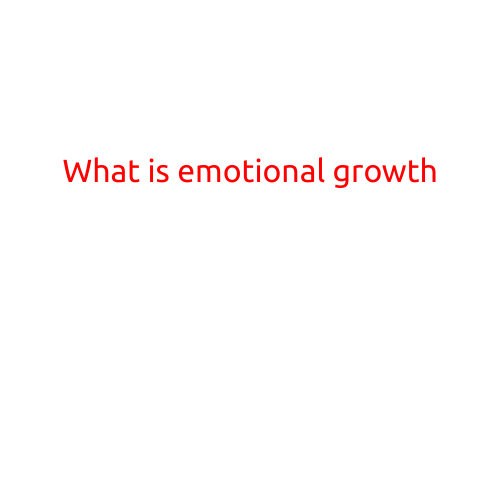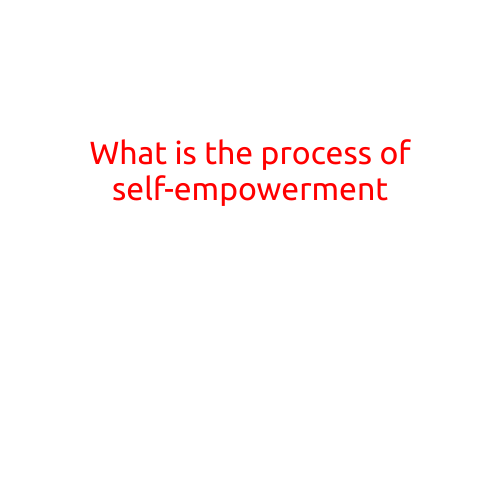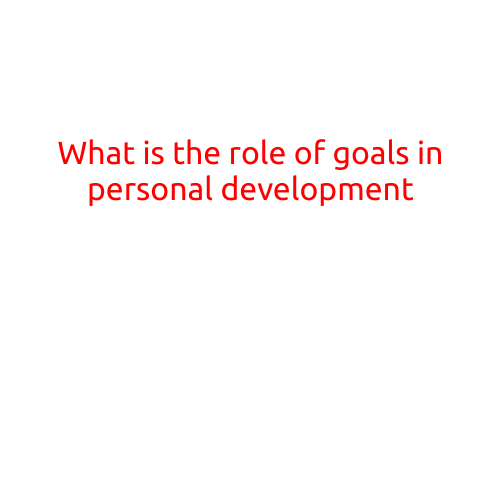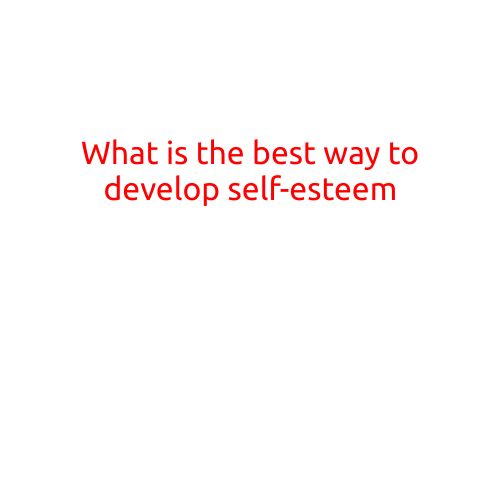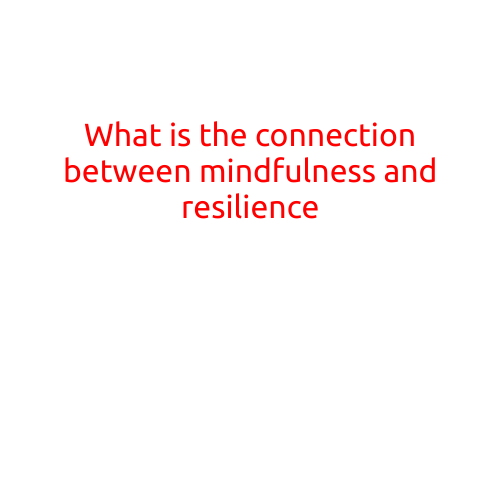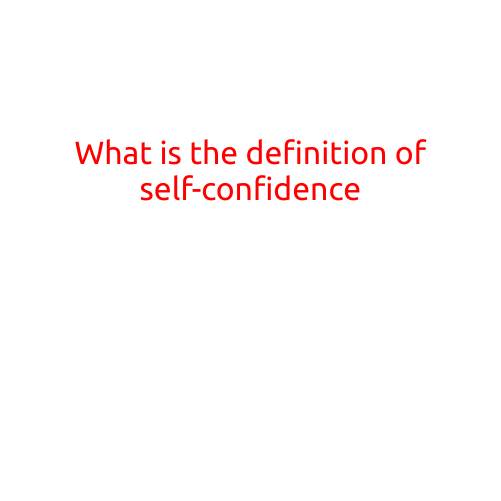
What is the Definition of Self-Confidence?
Self-confidence is a fundamental aspect of personal development, playing a crucial role in shaping our perceptions of ourselves and our abilities. It is a vital component of achieving success in both personal and professional life. But what exactly is self-confidence, and how can we cultivate it?
The Definition of Self-Confidence
Self-confidence is the state of feeling sure of oneself and one’s abilities. It is a positive attitude that stems from having a genuine faith in one’s potential to succeed, grow, and overcome challenges. People with high self-confidence are more likely to take risks, persevere through obstacles, and perform at their best.
The Importance of Self-Confidence
Self-confidence is essential for several reasons:
- Belief in oneself: When we have self-confidence, we trust our abilities and are more likely to take action towards our goals.
- Resilience: Self-confident individuals are better equipped to cope with setbacks and failures, as they recognize that mistakes are an inevitable part of the learning process.
- Effective communication: People with high self-confidence are more likely to express themselves clearly and assertively, building stronger relationships and influencing others more effectively.
- Increased motivation: Self-confidence can create a sense of purpose and drive, motivating us to push past our limits and achieve more.
Signs of Self-Confidence
Individuals with high self-confidence often exhibit the following characteristics:
- Positive self-talk: They have a inner dialogue that is supportive and encouraging.
- Risk-taking: Self-confident individuals are more likely to take calculated risks and step outside their comfort zones.
- Assertiveness: They are able to express their needs and opinions clearly and respectfully.
- Flexibility: Self-confident people are more adaptable and open to feedback and new ideas.
- Accountability: They take ownership of their actions and are accountable for their results.
Building Self-Confidence
Fortunately, self-confidence is not an innate trait that cannot be developed. Here are some strategies to help you build your self-confidence:
- Set achievable goals: Break down large goals into smaller, manageable tasks to increase a sense of accomplishment and confidence.
- Practice positive self-talk: Replace negative self-talk with positive affirmations and focus on your strengths.
- Take calculated risks: Step outside your comfort zone and take on new challenges to build confidence in your abilities.
- Learn from failure: View failures as opportunities for growth and use them as a stepping stone for improvement.
- Seek feedback: Ask for constructive feedback from trusted individuals and use it to improve and build confidence in your abilities.
In conclusion, self-confidence is a powerful state that can significantly impact our lives. By understanding its definition, importance, and signs, and by using strategies to build our self-confidence, we can unlock our full potential and achieve greater success and personal growth.
